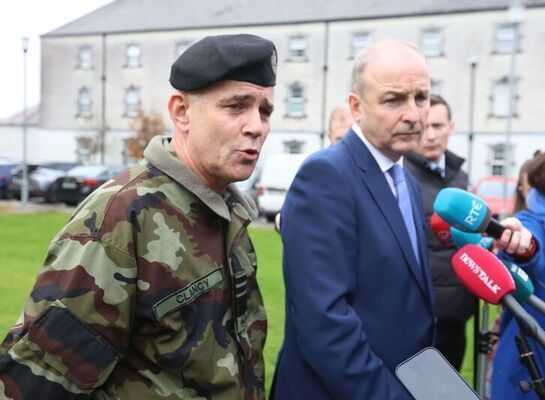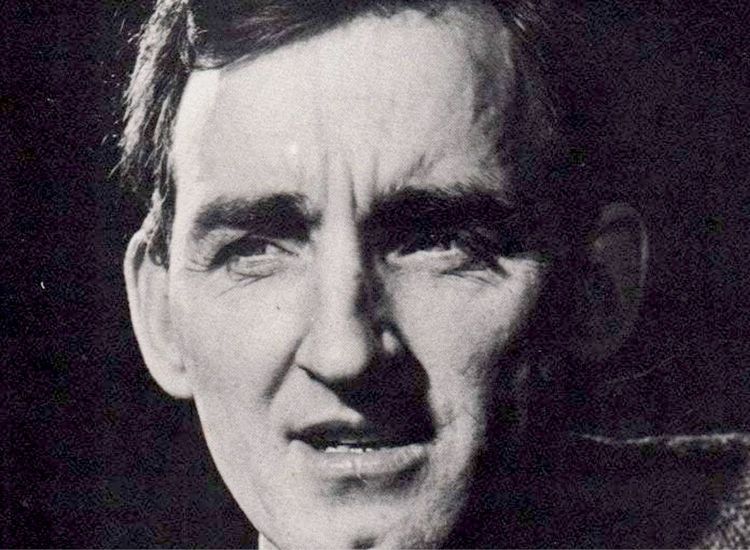We live in a time of a shifting world order, which inevitably comes with transitional instability. The unity movement and Irish America more broadly must learn to thrive in this arena.
As our world transitions to this new order, small nations are increasingly defined by political stability and strategic economic interdependence while medium sized nations see power by their ability to influence the big powers.
Being a neutral nation, with a history defined by perseverance in the face of oppression, violence, famine and migration, Ireland could emerge in this new world not as a small island off the coast of Europe but as a weight-bearing pillar of hope at the center of a world increasingly polarised by similar tragedies. Nonetheless, this cannot be done without ending the economic hesitancy and community segregation imbedded in partition.
Few would dispute that Brexit, and the seemingly indefinite subsequent political pantomime have greatly decreased British Influence in the World as have frequent changes of government characterized by an arrogant indifference towards international agreements/law and self-proclaimed immunity from human rights violations.
In a similar timeframe, the South of Ireland became a stellar economy in the eurozone. Ireland helped build the euro into the world’s second-biggest currency and used a project designed to guarantee peace between nations through economic integration to become one of the world’s wealthiest countries. This was in large part by using relationships with America to become the economic bridge between EU and U.S. markets.
In comparison, Northern Ireland’s economic growth has been underwhelming, even with efforts following the Good Friday agreement. It is reliant on grants from London to stay fiscally viable. Few other international disputes have the ability to compare different approaches in such a clear way.
Revitalizing Irish America with the innovation of youthful leadership alongside the experience and stability that veterans of the movement provide is key. Unfortunately, Irish-America's political leadership has struggled with this concept post the Good Friday Agreement.
Rather than speaking about the future of Irish America, politicians simply speak about historical Irish emigration and how it helped to build America. This is contrary to other cultural groups/nations such as Israel or South Korea who also have significant historical relations with the U.S. Adding strategic importance and recognizable continuity to a historical relationship should be a major goal in the short term.
We should begin with a U.S.-driven investment strategy that values cross-community education and inter-community programs through which both traditions progress. Replacing segregation walls with subconscious bridges of economic integration builds trust and delivers prosperity. We saw this done on a larger scale with the European single currency project. Replacing the intergenerational animosity of sectarianism with monetary and civic opportunities for the future will nurture a more collaborative generation of leaders — all the while deepening the U.S.-Ireland economic relationship
The world was at a comparable inflection point when Ireland called on “her exiled children in America” in a push for freedom all those years ago. While dynamics and strategies have changed, there has been no time in history where that call has been more important than now.
Ireland has always been willing to pay the high cost of freedom. A desire for self-determination has seen generations sacrifice everything only to find it was not enough.
Our generation now has the means to realise the dream that Irish men and women have taken with them around the world for centuries. A truly free and United Ireland. We must not fail.










